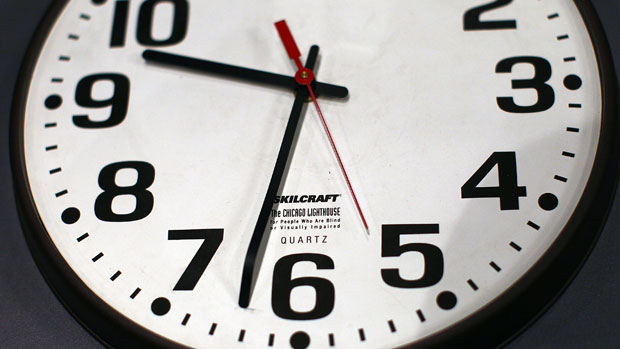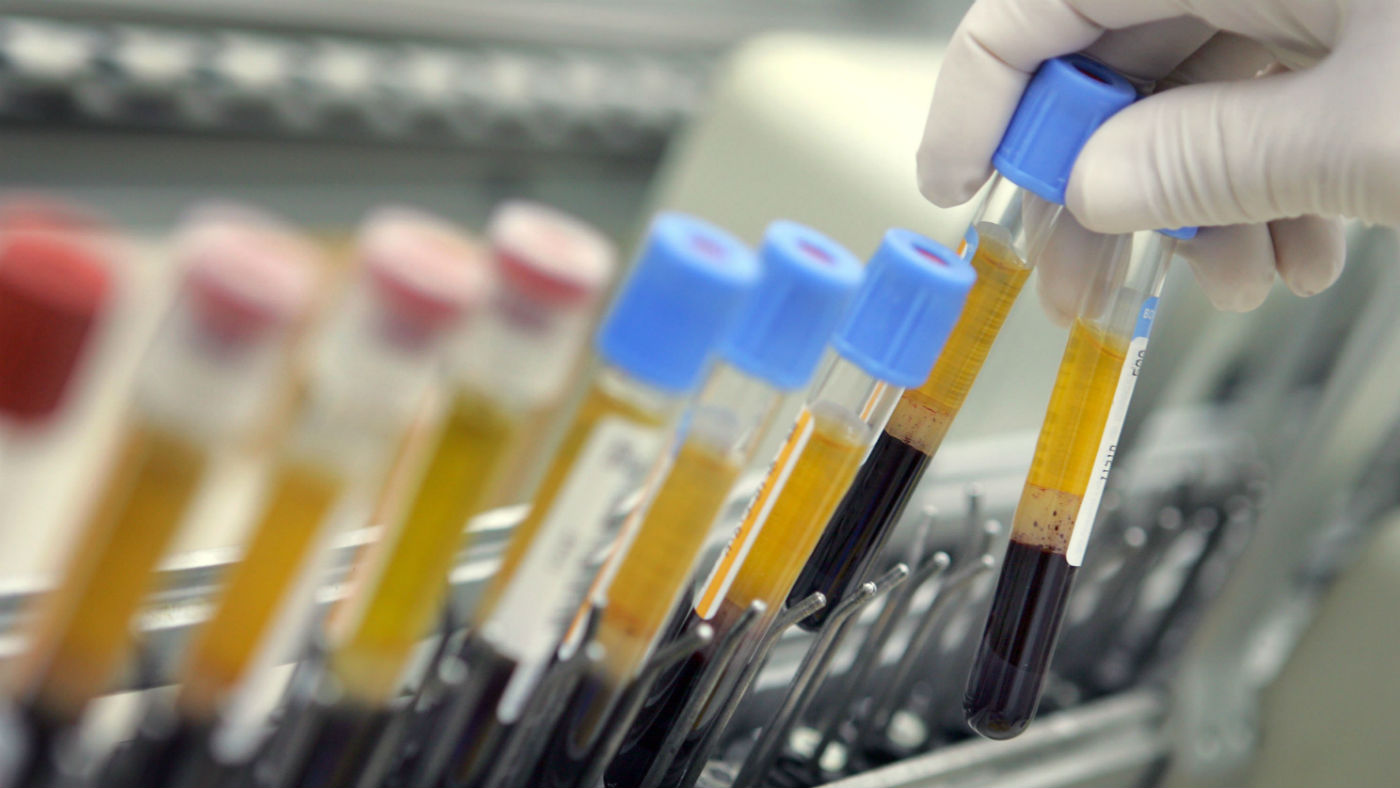When will I die? Scientists create death calculator Ubble
Short questionnaire claims to determine the likelihood of a person dying in the next five years

A free daily email with the biggest news stories of the day – and the best features from TheWeek.com
You are now subscribed
Your newsletter sign-up was successful
Scientists from Sweden have developed a death calculator that attempts to predict whether a person is likely to die within the next five years.
The test, called Ubble, can only be taken by those between the ages of 40 and 70 and asks up to 13 questions related to the person's background, lifestyle and health.
Ubble, which stands for UK Biobank Longevity Explorer, asks for details about smoking habits, long-standing illnesses, marital status and financial standing.
The Week
Escape your echo chamber. Get the facts behind the news, plus analysis from multiple perspectives.

Sign up for The Week's Free Newsletters
From our morning news briefing to a weekly Good News Newsletter, get the best of The Week delivered directly to your inbox.
From our morning news briefing to a weekly Good News Newsletter, get the best of The Week delivered directly to your inbox.
The scientists behind the study, published in the Lancet Medical journal, claim the test is 80 per cent accurate.
Dr Andrea Ganna, one of the creators of the test, told the Daily Telegraph: "We hope that our score might eventually enable doctors to quickly and easily identify their highest risk patients."
The study is the first to use data from the UK Biobank, a collection of 500,000 people who have volunteered their medical history and provided blood, urine and saliva samples. The aim of Biobank is to track the volunteer's health throughout their lifetime, in order to aid the prevention of disease and health disorders.
However, Professor Simon Thompson from the University of Cambridge suggests Ubble might not be so ground-breaking. "Whether this will help individuals improve self-awareness of their health status… or only lead to so-called cyberchondria is a moot point," he says. "Moreover, five-year mortality is easier to predict than long-term morbidity, or quality of life and life expectancy, all of which are more important to individuals and to society."
A free daily email with the biggest news stories of the day – and the best features from TheWeek.com
Critics have also argued that the test should not be seen as some kind of oracle. Professor David Coggon from the University of Southampton told the Daily Mail: "I have doubts about the practical value of such scores. Most of the predictive factors do not directly cause disease, and even where they do, few are under the control of the individual."
-
 Political cartoons for February 14
Political cartoons for February 14Cartoons Saturday's political cartoons include a Valentine's grift, Hillary on the hook, and more
-
 Tourangelle-style pork with prunes recipe
Tourangelle-style pork with prunes recipeThe Week Recommends This traditional, rustic dish is a French classic
-
 The Epstein files: glimpses of a deeply disturbing world
The Epstein files: glimpses of a deeply disturbing worldIn the Spotlight Trove of released documents paint a picture of depravity and privilege in which men hold the cards, and women are powerless or peripheral
-
 Captain Tom charity closes to donations amid daughter’s pool row
Captain Tom charity closes to donations amid daughter’s pool rowSpeed Read Hannah Ingram-Moore to appeal council order to demolish spa complex at her home
-
 The Week Unwrapped: Sex and health, the Earth’s core and another new year
The Week Unwrapped: Sex and health, the Earth’s core and another new yearpodcast Is the NHS failing British women? What’s going on at the centre of our planet? And what’s in a date?
-
 National nursing strike: should the patient ‘always come first’?
National nursing strike: should the patient ‘always come first’?Talking Point Recent YouGov poll found that 65% of public approves of strike action
-
 The science behind lab-grown blood
The science behind lab-grown bloodfeature Development of ‘absolute game changer’ could help those with sickle cell and other conditions
-
 ‘Moving CBBC online isn’t modernisation – it’s dangerous’
‘Moving CBBC online isn’t modernisation – it’s dangerous’Instant Opinion Your digest of analysis from the British and international press
-
 The Week Unwrapped: Quitting China, social age checks and dental deserts
The Week Unwrapped: Quitting China, social age checks and dental desertspodcast Why has AirBnB given up on China? Are social networks finally taking age limits seriously? And why is it so hard to find a dentist?
-
 ‘Negotiation with Putin would be a moral disaster’
‘Negotiation with Putin would be a moral disaster’Instant Opinion Your digest of analysis from the British and international press
-
 The Week Unwrapped: Home-working pay cuts, Taiwan and Cinderella
The Week Unwrapped: Home-working pay cuts, Taiwan and Cinderellapodcast Should people who work from home earn 20% less? Is Taiwan at risk of a Chinese invasion? And what does the failure of Andrew Lloyd Webber’s latest production tell us about post-Covid theatre?